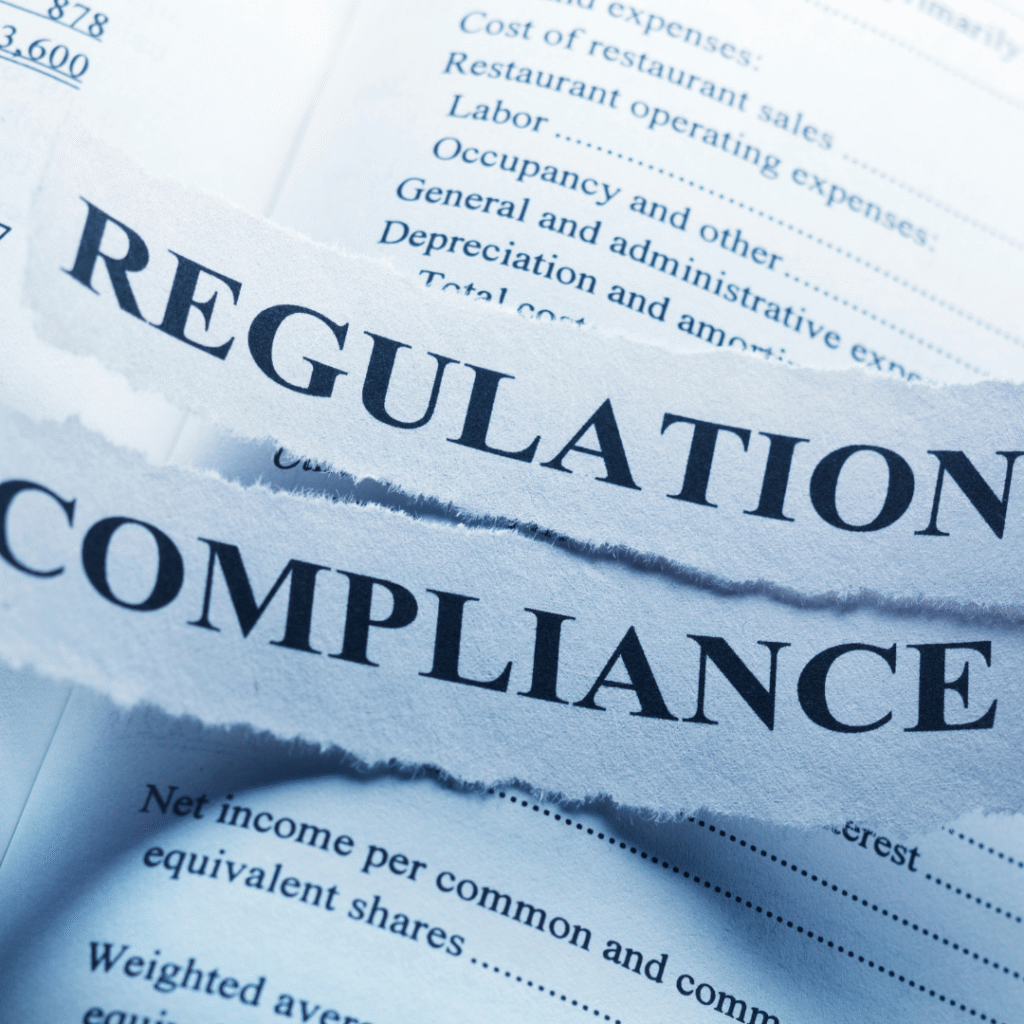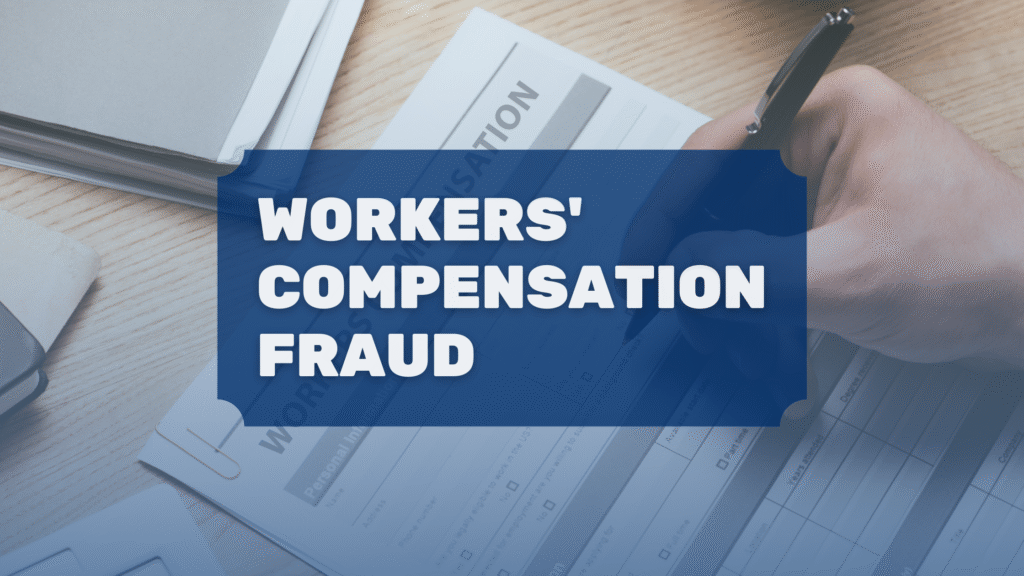December 30, 2024 | JacobiJournal.com — Denied workers compensation for psychological injuries was confirmed for a Virginia health insurance employee. The Virginia Workers’ Compensation Commission (VWCC) upheld a deputy commissioner’s decision, ruling that the employee’s experience did not meet the state’s criteria for a compensable workplace injury.
The case highlights the strict standards Virginia applies when evaluating psychological injury claims. Employees should understand that claims may be denied workers compensation if their symptoms are not directly linked to a physical injury or a sudden, shocking workplace event. Awareness of these legal requirements can help workers take proper steps when filing claims and better prepare for potential appeals if their case is rejected.
Incident and Psychological Impact
The claimant testified that on September 5, 2023, she became trapped in an elevator after it malfunctioned. She reported that the elevator’s panic button and emergency phone did not work, and her initial attempts to contact her supervisor and 911 also failed. After 30 minutes, emergency responders helped her exit the elevator.
Although she sustained no physical injuries, the employee later reported psychological symptoms, including insomnia, headaches, and feelings of entrapment. She sought medical treatment and began counseling sessions with a licensed clinical social worker, but her claim was ultimately denied workers compensation under Virginia law.
Legal Standards and Denial of Benefits
Under Virginia law, psychological injuries are compensable only if they result from a physical injury or a sudden, shocking event at work. Examples include post-traumatic stress disorder caused by a traumatic incident.
In this case, the deputy commissioner ruled that the employee’s experience did not meet these criteria. The evidence did not link her psychological symptoms to a compensable “sudden shock or fright,” nor did she suffer a related physical injury. The commission noted that her medical records and the social worker’s report did not specifically reference the elevator incident as the cause of her symptoms.
“The evidence does not constitute a sudden shock or fright as contemplated by Virginia law,” the deputy commissioner wrote. He concluded that her psychological injuries stemmed from the inconvenience and stress of being trapped, which does not qualify as compensable under state standards.
Denied Workers Compensation: Appeal Upheld
The employee appealed the decision, attempting to introduce new evidence. However, the full VWCC upheld the deputy’s ruling, keeping her denied workers compensation claim in place. They stated that the claimant had failed to identify any errors in the findings or conclusions of law. The commission also determined that the additional evidence could have been submitted during the original hearing.
What Employees Should Know About Denied Workers Compensation
This case underscores how strictly Virginia evaluates psychological injury claims for workers’ compensation. Employees should understand that not all work-related stress or incidents qualify and that claims may be denied if they don’t meet the legal standard of a physical injury or sudden, shocking event. Staying informed about these requirements can help workers protect their rights and take appropriate steps if their claim is denied.
For full case details and guidance on workers’ compensation claims, visit the Virginia Workers’ Compensation Commission’s official site.
FAQs: Denied Workers Compensation
Why was this employee denied workers compensation?
Her psychological injuries were not linked to a physical injury or a sudden, shocking workplace event, as required under Virginia law.
What caused the claim to be denied workers compensation?
She was trapped in a malfunctioning elevator, which led to stress but did not meet the legal criteria for compensable injury.
Can psychological injuries qualify for workers compensation in Virginia?
Only if they result from a physical injury or sudden shock; ordinary workplace stress does not qualify.
What should employees do if denied workers compensation?
They can appeal to the Virginia Workers’ Compensation Commission and provide evidence connecting their injury to a compensable event.
What is the rule 4.2 in Virginia workers comp?
Rule 4.2 sets the standards and procedures for filing and evaluating workers’ compensation claims in Virginia, including timelines, required forms, and documentation needed to support an injury claim.
Under which circumstances would an injury not be covered by workers compensation?
An injury would not be covered if it is not directly related to work, does not involve a physical injury or sudden, shocking event, or arises from routine workplace stress or discomfort.
Subscribe to JacobiJournal.com for ongoing coverage of workplace law, workers’ compensation cases, and employee rights updates.






